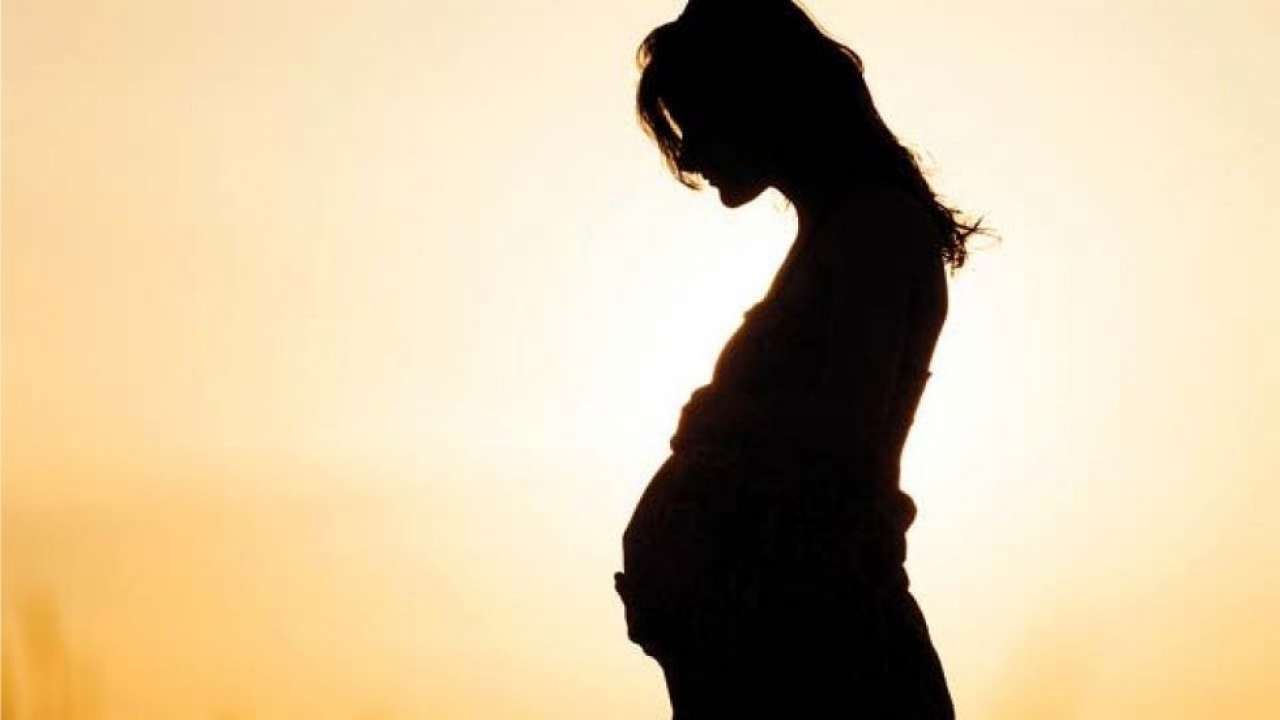
In India, the Covid-19 pandemic underscored just how unequal access to public services can be. Millions of people across the country suffered shortages in health care, education, transportation and other essential facilities during the lockdown and after. Women have been disproportionately affected by these shortages. Past health crises, such as the Ebola and Zika outbreaks, have highlighted the urgent need to protect women’s safety, economic wellbeing and access to health care at these crucial periods.
Today, emerging evidence from the Covid-19 pandemic tells us that the risk of violence, unemployment and lack of reproductive and sexual health care among women has escalated.[1] To ensure that women are not left behind in a post-Covid world, it is critical that we address issues surrounding reproductive justice, giving women across demographics complete autonomy over whether and when to have children and raise them in safe, sustainable environments.
Cut off from key support systems, many women have been subject to domestic violence at the hands of abusive partners during the lockdown. The National Commission for Women (NCW) recorded a surge of domestic violence complaints, leading them to launch a quick-access WhatsApp number to help ease the process of reporting.[2]Intimate partner violence impacts women’s reproductive health, by injury, restrictions on access to health care, or via stress and trauma.
Findings by the United Nations suggest that the pandemic severely impacted women’s control over their own reproductive health, undermining family planning programs worldwide.[3] According to estimates, 12 million women faced disrupted contraceptive use resulting in 1.4 million unintended pregnancies in 2020. These disruptions were caused by the lack of access to family planning services, cut off due to travel restrictions, supply chain interruptions and overwhelmed health facilities.
While reproductive rights –the legal right to access family planning, abortion, or other related services – are available to every citizen, the issue of access is murkier. In underserved or marginalized communities, women’s lack of access to essential information about sexual or reproductive health and associated human rights leaves them especially vulnerable to unwanted pregnancies.
Nearly 50% of all Indian women do not use contraception. Decision-making around the size of a family is left to the discretion of the male primary breadwinner and other family members, including parents and in-laws. But, paradoxically, the onus of adopting contraceptive measures is seen as the woman’s, and efforts to include men in the conversation on planning for families have been limited.
A key example of this lack of autonomy is illustrated by the data surrounding contraception usage in India, which says that the most common method used is female sterilization, adopted by 36% of currently married women. In contrast, male vasectomies are rare at 0.3%. Female sterilization is promoted despite being invasive and irreversible.
Although there have been attempts to mainstream conversations about reproductive justice, some gaps still remain. The unmet need for contraception among unmarried women, for example, is one such indicator. Only 27% of unmarried but sexually active women in rural India use any method of contraception.[4] Despite the presence of a cadre of highly effective women frontline health workers, this group is often left out of the conversation around reproductive health due to inherent biases.
Family planning and reproductive health services were severely disrupted during the country-wide lockdown in 2020,leaving an estimated 25 million couples in the country without access to contraceptives.In fact, India is likely to witness the highest numbers of forecast births at 20.1 million.[5]
Equal reproductive rights for all is a measure of a truly equitable social system. The idea behind reproductive justice is to empower all women, including the underserved, to make informed decisions around their own reproductive health. This directly correlates to improved social and economic equity, recognizing women’s agency to exercise their rights to contraception, abortion and child care. Raising the discourse around this unmet need is critical to ensuring women across the country are heard and their choices about their bodies are accepted.]
The author is Manager, Communication at Population Foundation of India.
(Disclaimer: The views expressed above are the author's own and do not reflect those of DNA.)
[1] Policy Brief: The impact of Covid-19 on women. Population Foundation of India. 2020 July. Available at: https://populationfoundation.in/wp-content/uploads/2020/07/Policy-Brief_Impact-of-COVID-19-on-Women.pdf
[2]Newsletter. National Commission for Women (NCW). Government of India (GoI). 2020 Apr. Available at: http://ncw.nic.in/sites/default/files/2.%20RS%20April%202020_0.pdf
[3]Covid disrupts contraception services, leads to 1.4 million unintended pregnancies, says UNFPA. 2021 Mar 11. UN News. Available at: https://news.un.org/en/story/2021/03/1087082
[4]International Institute for Population Sciences (IIPS) and ICF. 2017. National Family Health Survey (NFHS-4), India, 2015-16: Mumbai: IIPS. Available at: http://rchiips.org/nfhs/NFHS-4Reports/India.pdf
[5] Coronavirus: Health systems overload threatens pregnant women and newborns. 2020 May 7. UN News. Available at: https://news.un.org/en/story/2020/05/1063422?utm_%20source=UN+News++Newsletter&utm_campaign=e90d7a9b3e%20EMAIL_CAMPAIGN_2020_05_07_12_30&utm_medium%20=email&utm_%20term=0_fdbf1af606e90d7a9b3e%20-107346842